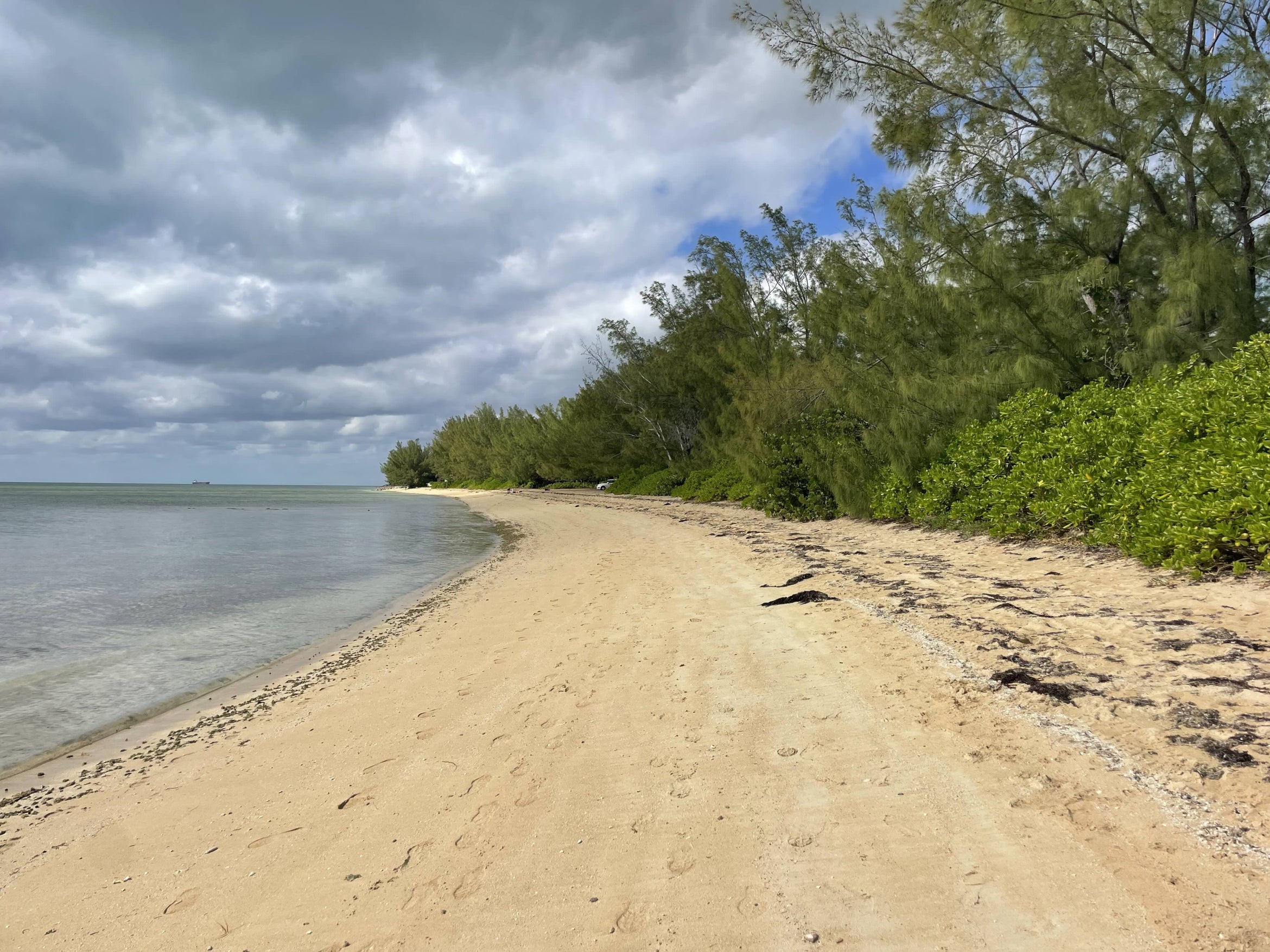Experts to Discuss Whether Human Cloning, Genetic Engineering Should be Banned in the United States
Genetic engineering will soon allow scientists to manipulate human embryos in ways that could allow parents to design their child, choosing its gender and its genetic makeup to maximize desired human characteristics.
But does such biotechnology pose opportunity or danger for the human species? And should the government allow it?
Leading authorities on each side of the issue will debate "Should the United States Ban Human Cloning and Genetic Engineering" Tuesday, May 6 at 7:30 p.m. at the University of California, Santa Barbara. The event, part of the Arthur N. Rupe Great Debate Series, is free and open to the public, and will be held in UCSB's Campbell Hall.
Speaking against a government ban will be Gregory Stock, director of the Program of Medicine Technology and Society at the UCLA School of Medicine and the author of "Redesigning Humans: Our Inevitable Future"
(Houghton Mifflin, 2002). Advocating the ban will be George J. Annas, the Edward R. Utley Professor of Health Law, Bioethics, and Human Rights at Boston University, where he also chairs the Health Law Department in the School of Public Health.
Stock's position is that genetic engineering of human embryos is inevitable. A government ban would only force use and development of the technology outside the United States and outside the law. He also believes that although there are myriad ethical issues to be resolved, genetic engineering will likely become accepted, with laboratory conception and the introduction of designer genes into the embryonic mix becoming commonplace.
Annas believes genetic engineering is fraught with dangers that demand government prohibition. "Gene-ism" might replace racism as cruel criteria for discrimination, with humans with enhanced genetic composition looking down at biologically unaltered humans. Such manipulation might narrow genetic diversity and thwart adaptations that would otherwise have been accomplished through evolution. Annas favors a United Nations sponsored treaty that would forbid "species altering" or "species endangering" experimentation without U.N. review and approval.
Stock has a Ph.D. in biophysics from Johns Hopkins University and an M.B.A. from the Harvard Business School. He is a frequent guest on CNN, PBS, BBC, and NPR. Among his many books and hundreds of articles is the New York Times bestseller, "The Book of Questions."
Annas has a Ph.D. from the Harvard School of Public Health and a law degree from Harvard Law School. He is the author of move than 200 articles and 12 books on health law, and has served on many governmental and professional organizational committees, including the American Bar Association's Committee on Medical Practice and Medical Research.
The Arthur N. Rupe Great Debate Series is supported by the Arthur N. Rupe Foundation and is presented by the UCSB College of Letters and Science and the Interdisciplinary Humanities Center. The series seeks to bring great minds from a variety of fields and disciplines to UCSB and the Santa Barbara community.
Related Links



